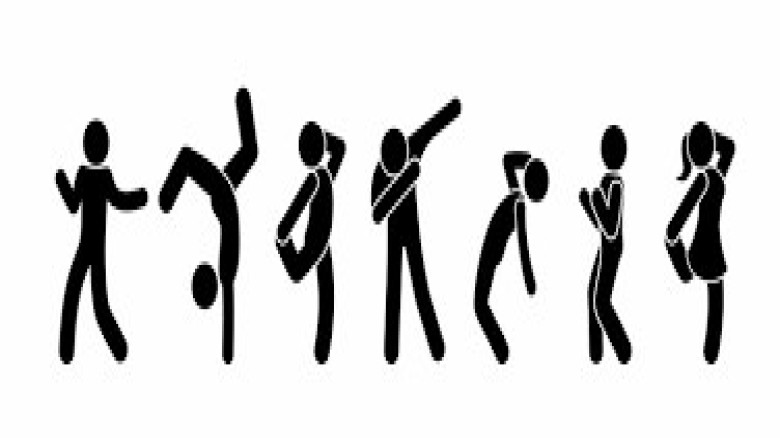A SELLER'S DISCRETIONARY EARNINGS (SDE) WORKSHEET
WHAT IS SELLER'S DISCRETIONARY EARNINGS (SDE)?
Seller's Discretionary Earnings (SDE) is also referred to business owner earnings is a financial metric used to determine the profitability of a small business. It represents the total financial benefits that a single full-time owner-operator receives from the business before interest, taxes, depreciation, and amortization (EBITDA). SDE is particularly crucial in assessing the financial health of small businesses and is often used in business valuations.
COMPONENTS OF AN SDE WORKSHEET
Revenue:
- Segmentation of revenue sources (e.g., product sales, service fees, subscription models) aids in identifying lucrative areas and potential growth opportunities.
- Analyzing revenue trends over time helps in forecasting and strategic planning.
Cost of Goods Sold (COGS):
- Breakdown of COGS into categories (e.g., materials, labor, manufacturing) assists in pinpointing areas for cost optimization or renegotiation with suppliers.
- Monitoring COGS ratios against revenue helps maintain healthy profit margins.
Gross Profit:
- Comparison of gross profit margins with industry standards provides insights into the business's competitive position and efficiency in producing goods or services.
- Trend analysis of gross profit aids in identifying seasonal fluctuations or changing market dynamics.
Operating Expenses:
- Categorization of operating expenses allows for better cost control and allocation, highlighting areas where cost reductions or efficiencies can be implemented.
- Analyzing operating expenses as a percentage of revenue helps in assessing the business's operational efficiency.
Owner's Compensation:
- Understanding the owner's compensation in detail helps in evaluating whether it aligns with industry standards or if adjustments are required for fair market value.
- Identifying discretionary expenses helps in distinguishing between necessary business expenditures and personal expenses, ensuring accurate SDE calculation.
Non-Recurring Expenses:
- Detailed documentation of non-recurring expenses assists in justifying their inclusion or exclusion from SDE calculations during negotiations or business valuations.
- Recognizing trends in non-recurring expenses aids in proactive planning to minimize unforeseen costs in the future.
Depreciation and Amortization:
- Differentiating between tangible and intangible assets and their respective depreciation and amortization schedules ensures accurate financial reporting.
- Assessing the impact of depreciation on SDE helps in determining the true operational profitability of the business.
IMPORTANCE OF SDE IN BUSINESS VALUATION (FURTHER INSIGHTS):
Accurate Business Valuation:
- Highlighting the stability and consistency of SDE over time provides confidence to potential buyers or investors regarding the business's sustainability and future earnings potential.
- SDE acts as a foundational metric, aiding in setting a fair asking price or determining a reasonable purchase offer.
Comparison Tool:
- Benchmarking SDE against industry standards or similar businesses allows for a contextual assessment, offering insights into the business's performance relative to its peers.
- Identifying outliers or exceptional performance indicators through SDE comparisons can inform strategic decisions for improvement or expansion.
Comprehensive Profitability Assessment:
- SDE's inclusivity of owner benefits and discretionary expenses offers a holistic view of the business's actual profitability, fostering transparency in financial evaluations.
- Understanding the composition of SDE components aids in assessing the business's resilience to economic fluctuations and its ability to generate sustainable profits.
Negotiation Strength:
- Presenting a well-documented SDE backed by transparent financial records and clear explanations of adjustments strengthens the seller's position during negotiations.
- Buyers perceive a reliable SDE as a sign of a well-managed business, potentially increasing their willingness to pay a premium.
EXAMPLE OF AN SDE WORKSHEET
Owner's Compensation:
- Salary and Bonuses: This involves the actual salary paid to the owner (owner income), which can include regular bonuses or incentives tied to business performance.
- Perks and Benefits: Besides a salary, owners often benefit from perks like company car usage, health insurance, retirement contributions, or memberships that are paid by the business. These are non-cash benefits but hold a tangible value.
Non-Recurring Expenses:
- Legal Fees: Costs incurred due to legal issues or consulting services for special projects that are not part of regular operations.
- Emergency Repairs: Unforeseen expenses for sudden equipment breakdowns or property damage that are not expected to reoccur frequently.
- One-time Investments: These are investments made for a specific purpose, such as upgrading technology systems, launching a major marketing campaign, or expanding into a new market. They are typically not part of ongoing operational costs.
Depreciation and Amortization:
- Depreciation: Refers to the reduction in value of tangible assets (like machinery, vehicles, or buildings) over time. It's essential in the SDE calculation as it accounts for the wear and tear of assets used in the business.
- Amortization: Unlike depreciation, which applies to tangible assets, amortization refers to the gradual reduction of intangible assets' value, such as patents, copyrights, or trademarks. It reflects the spreading out of the cost of these assets over their useful lifespan.
Discretionary Expenses:
- Owner's Discretionary Spending: This includes expenses that are discretionary to the owner and might not be essential for the business's operation. These could be personal expenses paid by the business, like personal trips labeled as business travel or personal cell phone bills covered by the company.
Adjustments for Non-Market Expenses or Income:
- Family Member Salaries: Sometimes, family members might receive salaries even if they are not actively working in the business. Adjustments may be made to account for their market-based salaries.
- Non-Arm's Length Transactions: If the business engages in transactions with related parties (e.g., subsidiaries, affiliates), adjustments might be needed to reflect the fair market value of those transactions.
A Seller's Discretionary Earnings (SDE) worksheet is a pivotal tool in evaluating the financial performance of a small business. By incorporating various financial components, it provides a comprehensive view of a business's profitability and serves as a fundamental metric in business valuation processes.
.png)

.png)













































Leave A Comment
Post a comment
Comments :
Such a useful post! I use Instagram for marketing, Gmail for communication, and Google Maps for client visits. Also, WhatsAppWeb for quick team chats and Facebook for community engagement. What tools do you rely on?
23 hours ago